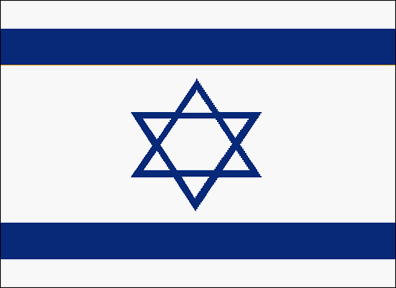Index | Search |






3 Kaplan St. P.O.B. 187 Kityat Ben-Gurion Jerusalem 91919 Tel: 972-2-6705555 Fax: 972-2-6512631The Prime Minister's Office embraces a number of areas of official activity included there because of their importance: the Central Bureau of Statistics, the Government Press Office, the State Archives, the Center for Volunteering, the Anti-Drug Authority, the Government Names Committee, and the Atomic Energy Commission. The Prime Minister serves as chairman of the Atomic Energy Commission. A National Security Team was set up by the Prime Minister, in accordance with the Basic Law. The Government, in order to provide him with ongoing professional advice in the area of national security, and to carry out additional tasks on the request of the Prime Minister. Israel is a parliamentary democracy. Its governmental system is based on several basic laws enacted by its unicameral parliament, the Knesset. The president (chief of state) is elected by the Knesset for a 5-year term. The prime minister (head of government) exercises executive power and has in the past been selected by the president as the party leader most able to form a government. In the May 1996 elections, Israelis for the first time voted for the prime minister directly, in accordance with recent legislation. The members of the cabinet must be collectively approved by the Knesset. In March 1998, Ezer Weizman was re-elected for a second term as President of Israel. The Prime Minister is Ehud Barak, the leader of the One Israel party, who in May 1999 won by more than 13 percent of the vote in the national elections. Elections for the 15th Knesset took place in May 1999. Under the Israeli parliamentary system, the Knesset serves for a term of four years, unless the government falls under a vote of no confidence. The Knesset's 120 members are elected by popular vote to a four-year term. However, if he chooses, the Prime Minister has the option to call for new elections before the end of the four-year term. Furthermore, on a vote of no confidence by the Knesset, the Prime Minister's government can fall. If this occurs, the President can ask the current Prime Minister to form a new government. If upon request, the Prime Minister fails to form a new government, new elections are scheduled. In the elections in 1996 and 1999 the new system has encouraged the decline of the two traditional large parties and the fragmentation of the Knesset. The current Knesset includes 15 parties, a new record for the Knesset.
